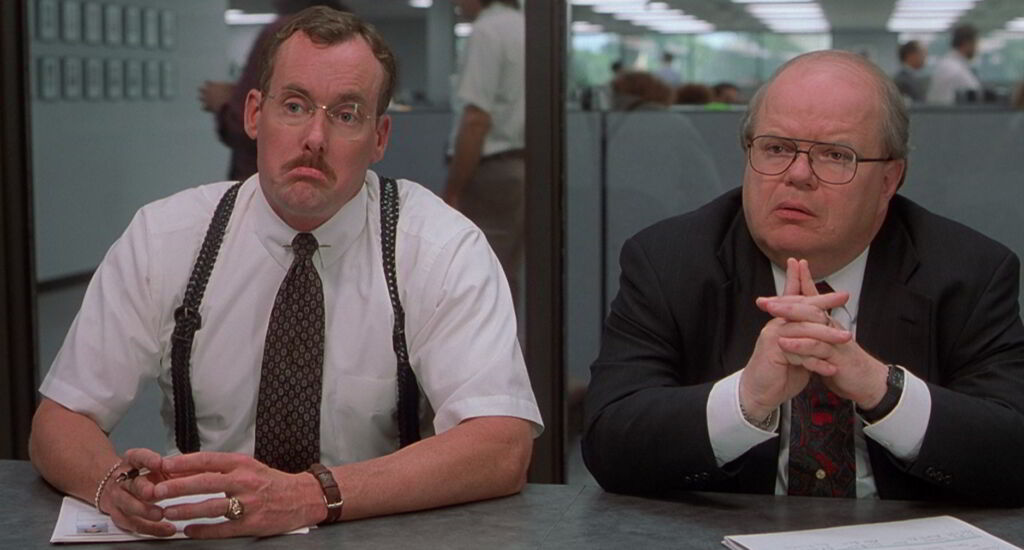Have you ever had the feeling that your valuable and meager time was going down the drain by staying in meetings that did not seem to end? Or…
Have you spent the day in meetings to find out in the end that nothing on your to-do list has been completed and you’re going to have to do overtime just to sort out things that can’t be missed?
You are not alone. Let’s dive into these questions.
We have too many meetings because
- We need to frequently seek approval from colleagues or bosses about the plans and decisions we want to make.
- We don’t know for sure who is accountable for making a decision or action, so we need to gather everyone in order to clarify this.
- We want to talk in order to anticipate the future, to plan and anticipate all the problems that can occur, be it for the upcoming week, month or year.
- We must continue the conversation of the last meeting that hasn’t ended, or even remember what was decided, because it wasn’t clear to the people involved.
We have inefficient meetings because
- A) There is no clarity of purpose of the meeting or if it exists it’s not taken seriously. For example, the popular “alignment meetings” where it’s allowed talking about anything.
- B) Issues or topics on the agenda aren’t followed to a conclusion. One thing pulls the other and suddenly we’re talking about the nature of space-time and why people don’t lower the toilet lid.
- C) The conclusions or decisions aren’t recorded. After the meeting, no one remembers what was decided or discussed.
- D) Some participants dominate speech, enter into monologues or are so emphatic in their argument that they suppress opposing ideas, which, even when they are good, are discarded by fatigue.
- E) Consensus is seen as fundamental and is constantly sought. Delaying decisions to the fullest and strengthening the status quo. Not to mention the arguments that never end…
How we do at Target Teal
Here at Target Teal when we practice and teach self-management, we seek to tackle these issues using the following strategies:
- A) Every meeting has a clear purpose. There is a weekly meeting that lasts at most 1 hour, called an operational meeting that seeks to give transparency about the work done and facilitate the resolution of simple problems.
- (1 and 2) There is another kind of recurring meeting called Governance (maximum frequency every fortnight) that serves to establish agreements and define with absolute clarity who is responsible and has authority over what needs to be done. In this way we don’t need approval all the time of our colleagues or bosses (we don’t have), because everything is clear and explicit.
- (E) Consensus is something that we escape to the maximum. We only make group decisions using an Integrative Decision Making process and even being faster than consensus, we only use it to decide on agreements, policies, assignment of roles, and distribution of authority. Read here to better understand how to escape consensus.
- (B) Every recurring meeting (Operational and Governance) has a structure. We believe that more important than having an agenda in advance is having a clear and powerful process that guides all participants on how a meeting will go. Everyone already knowing the rules of the game. It’s easier not to deviate from each topic without first resolving it.
- (D) We have a facilitator who acts as guardian of the process during recurring meetings. He or she acts emphatically to enforce the rules of the game and to ensure that everyone has a voice and not just those with a dominant personality.
- (C and 4) There is someone who acts as secretary by recording the next actions, projects, and decisions about authority and accountabilities.
- (3) Talking about the future in meetings is important. We just can’t fall into the trap of thinking we can predict it. Therefore, we need to invest more time in perceiving the present and reacting accordingly and less time guessing. Investing hours in creating fancy plans with no reliable data on accepting a product in a market, or with all the uncertainty about how the economy will behave, is a waste of time. We focus on constant experimentation and the ability to adapt and learn from our mistakes.
We believe that effective meetings respect the use of the time of people involved and generate a lot of value for organizations. We seek to develop and teach practices that promote efficiency, quality of decisions and communication within and outside meetings. Want to know how we do it? Let’s talk.
